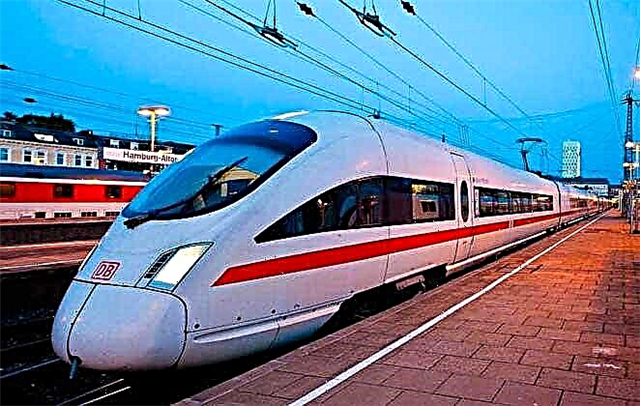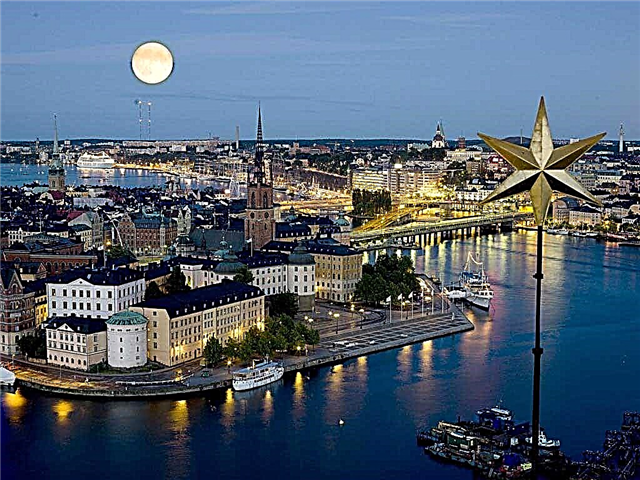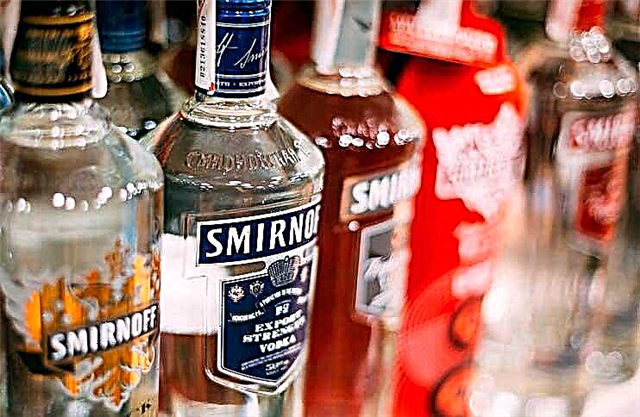In the Russian Federation, according to customs regulations, you can import up to three liters of alcohol of any strength without declaring. Plus, two more liters can be declared by paying a fee. An individual cannot import more than five liters.
What types of alcohol can and cannot be imported into Russia
Customs rules apply to everyone who crosses the Russian border by any means and transport: by car and train, ferry and plane, on foot, by bicycle, by bus, and so on.
All types of alcoholic beverages are allowed for import, except for the following items.
- Drinks containing more 70% alcohol;
- Home-made drinks of any strength;
- Alcohol produced in an industrial setting, but poured into other bottles.

The first position includes pure alcohol (ethyl). The transportation of methyl alcohol was strictly prohibited 10 years ago, and it is equated to poisons. Also more 70% contain:
- Moonshine;
- Chacha;
- Absinthe;
- Liquor Everclear.
Alcohol that is made at home, if it is not stronger than 70%, is not prohibited by law to be transported across the border. But on the other hand, the import of alcohol-containing products that do not have excise taxes is prohibited. Since there can be no excise taxes on homemade wine or moonshine, it cannot be imported.
Drinks poured from industrial containers with excise duty into other bottles also fall under the same prohibition.
How much alcohol can i carry?
The main restrictions apply to import. You can export alcohol from Russia in unlimited quantities.
Import regulations
The norms were changed after the entry of the Russian Federation into the customs union. Today they are:
You May Also Like
- Three liters duty free;
- Two liters, in excess of the permitted three - with the payment of a fee;
- The general rate is no more than five liters.
In fact, few people check every passenger arriving from the Dominican Republic or Thailand, so you can import more.
In addition, there are certain rules:
- Alcohol can be imported by a foreigner or a citizen of Russia who has reached the age of 18;
- Revolutions and degrees, if they do not exceed the threshold of 70, do not matter;
- Even the smallest alcohol content in beverages such as beer equates it to alcoholic beverages;
- Packing does not matter: it can be 50 ml bottles or a three-liter bottle (but factory-made and with excise duty);
- Three liters of any alcohol is tax-free. Another two liters are allowed for carriage with the payment of a mandatory duty, which is 10 euros per liter;
- Those who import more than three liters fill out a declaration, pay a fee and walk along the Red Corridor.

Export rates
There are no norms for the export of alcohol from the country or any restrictions in the Customs rules. In theory, a person leaving Russia is limited only by the established air, sea or land transport norms for the carriage of baggage. He can load alcohol into his own car in boxes, if the country of destination has no restrictions on its import.
Important! It is necessary to take into account only the norms for the import of such products into the country of destination. In addition, the customs may be interested in a large amount of exported alcohol in terms of consumption for personal use.
Carriage rules
The established norms apply to all alcohol that is transported by individuals, regardless of where it was purchased.
By the way. If two liters were bought in another country and two more - in a duty-free shop, three (any) of them are not subject to declaration, and one is declared. A fee of 10 euros is paid for it.
A person who has citizenship of any country who has reached the age of 18 can move alcohol across the border of Russia.
The rate of the state duty levied for two liters of alcohol in excess of the norm does not depend on the quality of alcohol-containing products, their cost or bottled containers. It is always 10 euros.

You May Also Like
Moving in carry-on luggage
In addition to the norms for alcoholic products, there are rules for moving baggage and carry-on baggage for aircraft passengers.
You cannot take liquids with a container volume of more than 100 ml in hand luggage. This also applies to alcohol. It is possible to take larger bottles of alcohol on board the plane only in the only case, if it was bought in duty free.
Important! Alcoholic beverages purchased in a duty free shop without paying a trade duty, properly packed, can be carried into the cabin of the aircraft in containers of any size.
The limitation on the quantity, in theory, does not work here. That is, an airline employee will not check how many liters of duty free drinks a passenger has. But since it is forbidden to drink alcoholic drinks bought in duty free, and even to print and damage the store packaging on the plane, it makes no sense to take more than the customs norm in the cabin baggage.
Baggage
The entire allowable import allowance can be checked in luggage if it is purchased in stores in another country. It is forbidden to exceed the threshold of five liters. Any packing can be done.
There are guidelines for packaging fragile products that should be followed.
- Choose a suitcase with solid walls;
- Do not place bottles near walls, at the bottom or under a lid;
- Do not stack them in one place;
- Pack in bubble wrap;
- Do not place heavy objects nearby;
- Stick the "Glass" sticker on the luggage.
Declaration process
Those who carry alcohol-containing drinks in a volume exceeding three liters should be aware that the rule applies only to individuals transporting this volume for personal use.
Important! If commercial use or profit is planned, different rules and regulations apply.
You do not need to declare up to three liters. But inform the customs officer that there is alcohol in the luggage, and in what quantity - you need. This is done orally when passing through customs control (oral declaration).
When crossing the border, if necessary, declare any goods, the citizen must take a declaration form at the counters that are located directly next to the Red corridors or along the perimeter of the entrances.

Advice. You can download the electronic declaration form in advance from the website of the Federal Customs Service, fill it out, print it and present it. Electronic forms are available in Russian, German, English and Finnish.
Russian customs website www.customs.ru.
You can also contact any representative of this service at the ground checkpoint.
Filling rules
The form is filled in in duplicate. Handwritten should be legible. It is acceptable to print information.
If one sheet is not enough, you can fill in as many forms as you need to list all the goods (all in duplicate). One form is taken by the customs officer, the second is kept by the applicant.

The full name and address data (actual registration) are indicated, as in the passport. It is also necessary to clearly indicate the countries of import-export. The value of the declared goods, together with their quantity, is also subject to designation.
Important! The amount of alcohol is indicated in liters, regardless of the volume of the bottles into which it is bottled.
If a person entering the Russian Federation declares alcoholic beverages exceeding three liters, he is obliged to pass inspection along the Red Corridor.
Together with the completed declaration form, the customs officer is presented with:
- Foreign passport of the person who filled out the declaration;
- Visa allowing entry to Russia;
- Migration card, if entry is visa-free for this foreigner;
- If necessary, the declared goods.
Failure to comply with customs regulations
Many travelers hope for good luck and try to exceed their allowances.In some cases, this succeeds. Not all baggage is inspected when passengers pass through customs points - this is physically impossible to do.
However, more 80% baggage is subject to inspection, including scanning. And the punishment for violation of customs rules that relate to alcohol is quite severe.
If customs officers find that the norm has been exceeded and attempts to transport undeclared alcohol without paying state duties, they have the right to act as follows:
- First option - a fine on the spot, if the excess two liters are not declared, the amount of the fine is up to 100% commodity value;
- Second - confiscation of the product in excess of the duty-free rate (at the discretion of the customs officer);
- Third - confiscation of all alcohol, if the citizen tried to smuggle more than the prescribed five liters.
Important! If you exceed the maximum allowable rate of five liters, you will not be able to save alcohol by paying a fine. It will be confiscated, and all of it, even allowed for duty-free transportation.
The norms for the import of alcohol into Russia cannot be called tough. You can carry three liters without paying any duties, and two more by paying 20 euros... Passengers will not have any problems with timely declaration.
Related videos:











